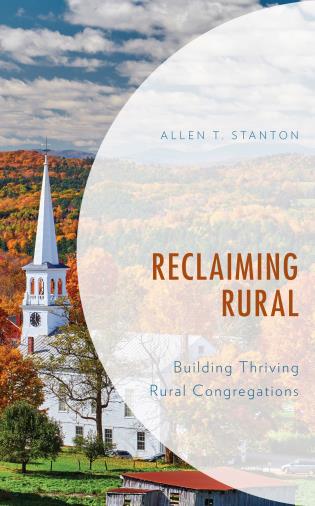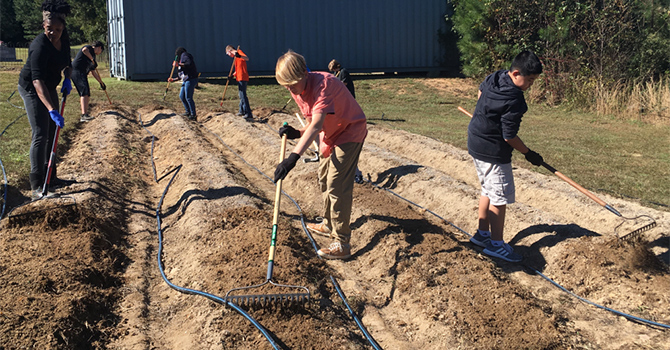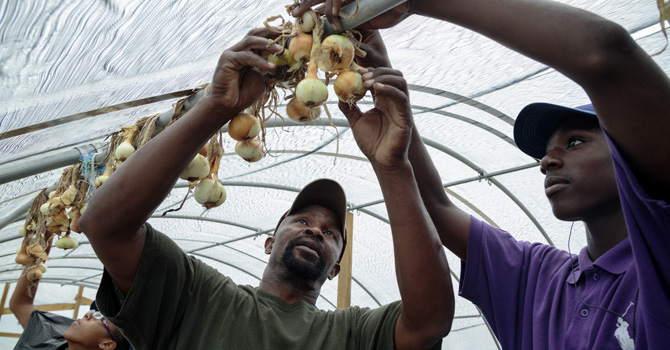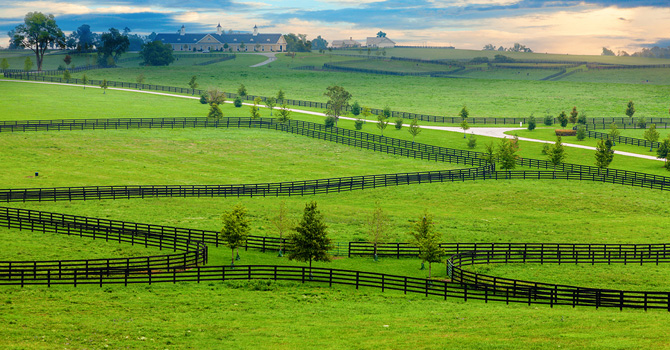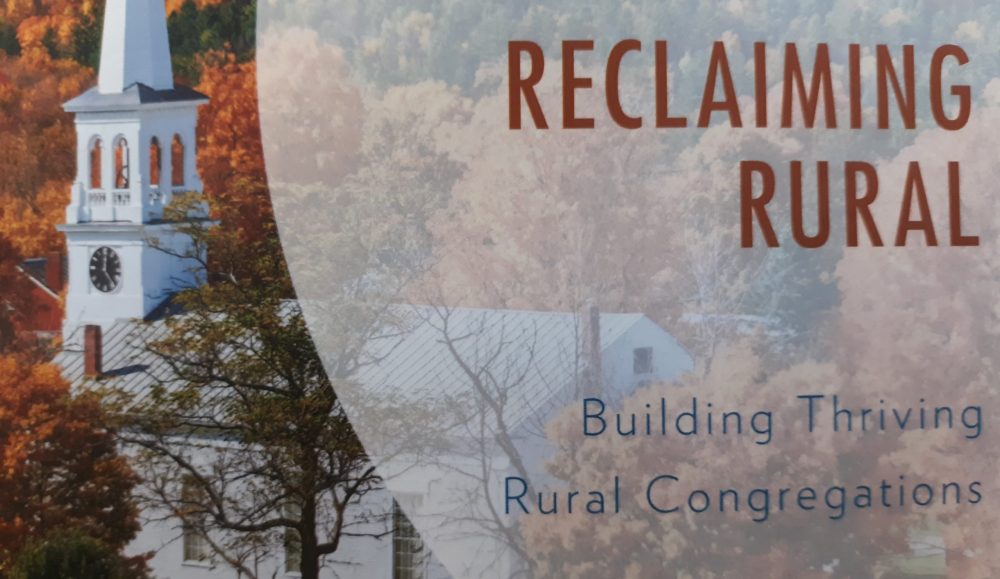
A Pew analysis shows that between 2010 and 2020, rural areas lost 226,000 people, a decline of about .5%, while cities and suburbs grew by about 21 million people, or 8%. The changing demographics alter federal funding and shift local, state and national political representation.
The conventional wisdom for building thriving churches is to put them where people are moving, which puts rural congregations at a disadvantage. But when Allen T. Stanton, author of “Reclaiming Rural,” looks at rural communities, he sees real challenges and real possibilities for thriving ministry.
Stanton was appointed to a rural church in large part because he made a commitment to serve there as a condition for his seminary scholarship. He had no idea what he signed up for. Now, in his book, Stanton shares wisdom borne from years of rural ministry experience. For both the reader who has dismissed the potential of churches in rural communities and the one who shares Stanton’s belief that the rural church has much to offer, “Reclaiming Rural” offers guidance for practicing evangelism that invites “the wider community to participate in the Kingdom of God.”
Stanton begins by debunking two widely held myths about rural communities. These unique geographic regions are neither “agrarian paradise” nor hopeless tracts of “rural decay.” Not surprisingly, these myths impact how we think about the churches in rural areas. What’s important is that we understand how to think practically and theologically about what a thriving church looks like when it is situated in a rural community. “Reclaiming Rural” takes up this question by exploring the current reality and offering a vibrant vision for the future of the rural church.
Resources
Save 30%!
Use promo code 4S22ALB when you order “Worshiping in Season” at https://rowman.com. Offer expires 6/27/22.
Pray, believe, live – a rural congregation discovers the gift of liturgy
By Jacob Paul Breeze
Rural churches can thrive beyond numbers
By Allen T. Stanton
A community grows its way out of poverty
By Bridgette A. Lacy
I’m excited to see the potential in the rural church
By Peter Doddema
Before you go…
Matthew’s Gospel tells us that when Jesus heard that John had been put in prison, he withdrew to Galilee (4:12). Temporarily turning his attention away from the urban context of Jerusalem, Jesus settled into the small town of Capernaum. Jesus preached some of his most important sermons in this rural context (5-7). His work was so faithful and effective that his impact went far beyond the small village and was felt in “Decapolis, Jerusalem, Judea, and the region across the Jordan” (4:25).
As “Reclaiming Rural” makes clear, rural ministries can be thriving ministries when we see and celebrate their unique gifts to the body of Christ.
You can reach me and the Alban Weekly team at alban@duke.edu. Until next week, keep leading!
Prince Rivers
Editor, Alban at Duke Divinity

